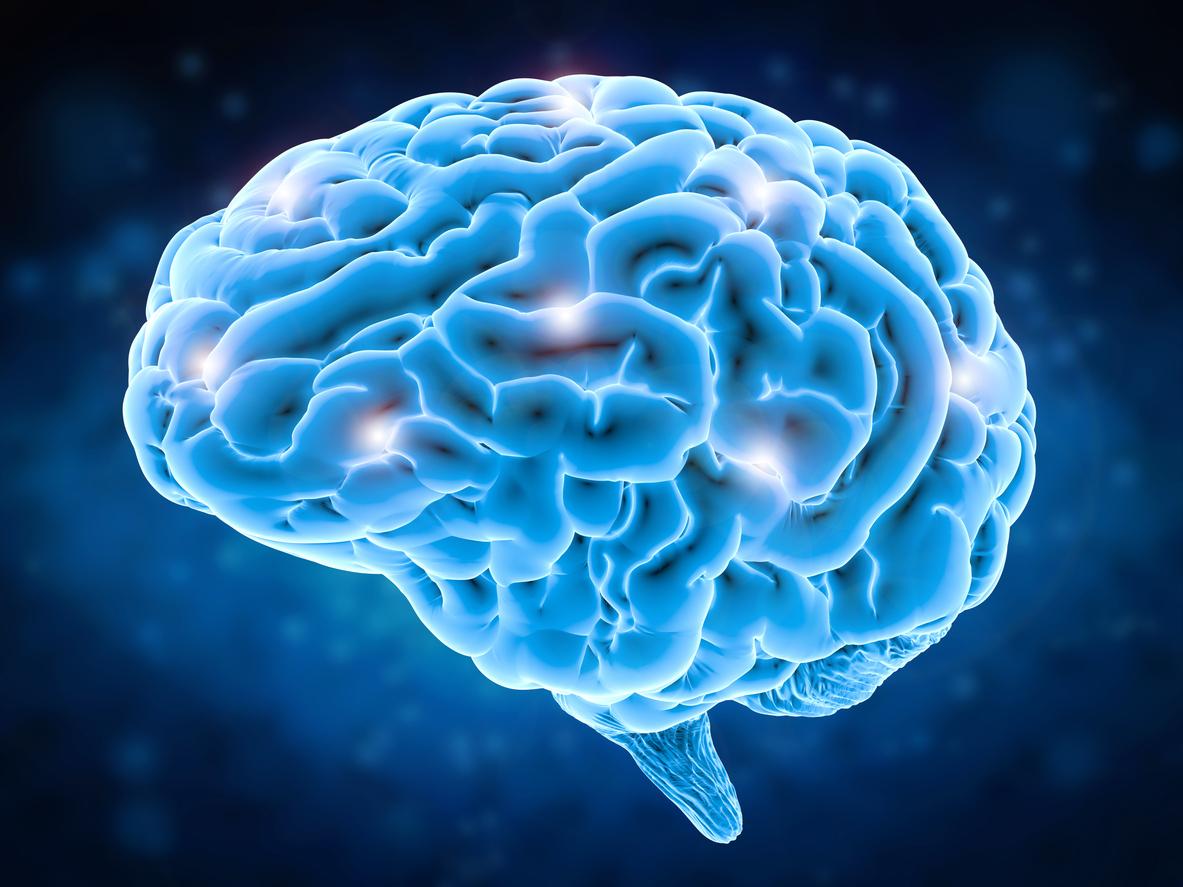Laughing has a real therapeutic effect, especially in times of crisis.

With approximately 800 publications on laughter, its therapeutic effects, both physically and psychologically, have been demonstrated. People who laugh easily often have a more positive perception of life.
What are the effects of laughter on the body?
Whether it’s a giggle, a burst of laughter or even a smile, many mechanisms are at work in the body. If on the physical level the lungs improve the ventilation and the oxygenation of the blood, after a contraction of the diaphragm and certain muscles of the face, it is all the muscles of the body which relax with a feeling of relaxation.
For the brain, it is a veritable tsunami of endorphins, the substance that triggers pleasure and the desire to start over again. Repeated as often as possible, laughter can reduce cortisol, the stress hormone and even improve sleep and physical and moral pain.
How to put more laughter in your life?
In times of health crisis, when gatherings are prohibited and social relations are limited, laughing and showing humor help to perceive the situation in a more positive way. To laugh more often, there are conversations between friends, even from a distance, comedy shows, comedy movies, funny stories, magic tricks or certain songs.
Laughing at least 15 minutes a day, in addition to regular physical activity, is a very good prevention for many physical and psychological illnesses and can even help treat certain disorders such as depression or anxiety.
Source: Amici P. The Humor in Therapy: the Healing Power of Laughter. Psychiatrist Danub. 2019 Sep;31(Suppl 3):503-508. PMID: 31488780.
Find out more: “Laughter is a great therapy!” by Christian Tal Schaller, Corinne Cosseron and Kinou-le-clown, Fernand Lanore editions.
.

















